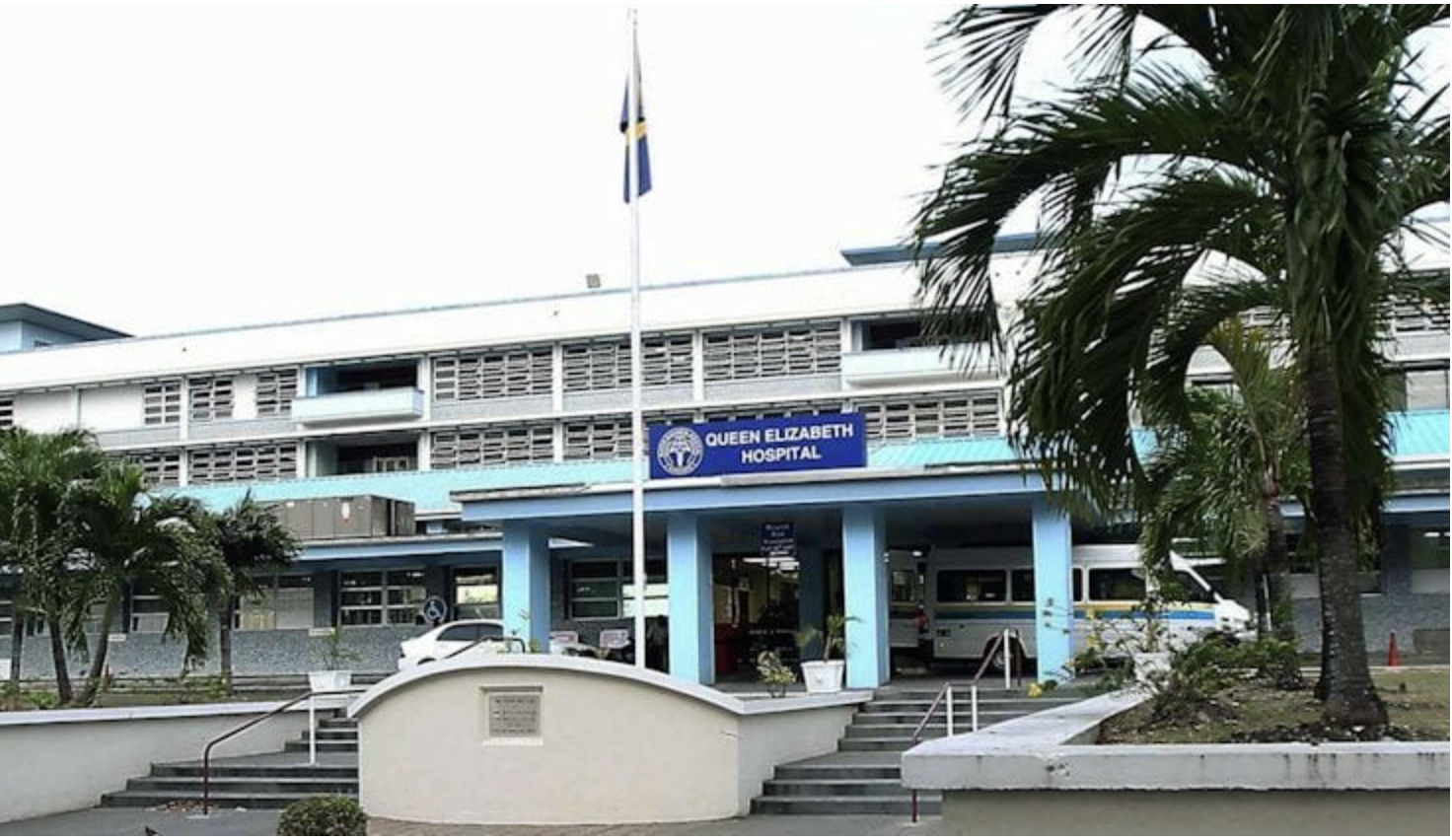Barbados Health Care System: A Look at Public Health Spending and Challenges Faced

December 5, 2024
Barbados allocates a significant portion of its national budget to healthcare, with spending reaching 8% of GDP in 2021. The country offers free healthcare, but challenges persist in the public system.
The provision of health care is not an inexpensive undertaking for any country. Those nations that offer substantial public supported health services invariably spend a significant portion of their national budgets ensuring the health of citizens.
Barbados falls squarely into the group of nations that has declared the provision of health care a national good to which each citizen is entitled.
In 2021, for example, this country’s spending on health represented eight per cent of Barbados’ gross domestic product (GDP), up from the seven per cent recorded a year earlier. This figure has remained relatively stable in recent years, ranging from six to eight percent of the country’s GDP.
Barbadians can boast of a free health care system, though it is one that has seen better days. In many parts of the developed world, citizens who do not possess costly health insurance coverage are likely to languish in emergency rooms hoping for a favourable outcome.
In fact, Americans often complain that if misfortune befell them and they developed a major health problem, the expenses associated with such a medical issue could force them into bankruptcy. Often, taking a second mortgage on their home or selling some major asset is required by unfortunate patients to satisfy huge hospital bills.
The Queen Elizabeth Hospital (QEH), the island’s primary health care institution, is the most visible representation of health care in Barbados. Its Accident and Emergency Department (A&E), unfortunately, has not been the best showcase of the hospital’s record over its 60 years of existence.
The testimonials from A&E are often unflattering and this has resulted in more people seeking care at privately operated clinics and hospitals. Right before our eyes, a two-tiered health care system is rapidly developing.
Those with access to resources are being attended to promptly and effectively, while those who believe they have no choice but to sit in the waiting room of A&E Department for days, head to the Martindale’s Road hospital.
When the situation becomes too stressed for the QEH, people are advised that waiting periods will be much longer than usual and that they should seek private care or attend a polyclinic if they believed their ailment was not life-threatening.
In those circumstances, it is important to understand why people would put themselves through the torturous 48-hours or longer wait for care at the QEH.
Often patients who turn up at A&E perceive their condition to be an emergency, even if it does not meet the qualification mark outlined by the hospital. How is a person to know that their diarrhoea, headache and chills are not a simple gastroenteritis case or something much more serious? Generally, people see the QEH’s A&E as a convenient place and they are confident it is well-equipped and staffed with the medical personnel, and where they will receive free treatment.
Faced with a serious ailment, a person cannot be blamed or punished for seeking care where they believe they are most likely to receive it without paying the money they had allotted for groceries in the supermarket or the month’s rent for the landlord.
At a press conference this week Barbadians were promised, again, improved service at the QEH’s A&E Department.
Recently appointed chief executive officer Neil Clark stated: “The waits in the A& E department are too long and we do need to address those [but] the A& E department’s just a bottleneck for the whole system. Delays in A& E are not because of A& E, they’re because of the whole system.
“If people are choosing to [only] go to A& E, the demand for A& E will be higher than what we can manage. So, therefore, we have to increase the capacity to manage that.”
The Englishman has hit the ground running, full of bright ideas, strategic plans and charming guarantees.
Even though the new QEH boss has the goodwill of most Barbadians, Miss Brathwaite from Eagle Hall will confess that she has “heard sweeter birds sing”.
Ordinary Barbadians need and deserve a better functioning hospital that is equipped and positioned to meet their needs. Their everyday experience, however, is one where the rising cost of living forces them to make spending decisions that may have a negative impact on their long-term health.


